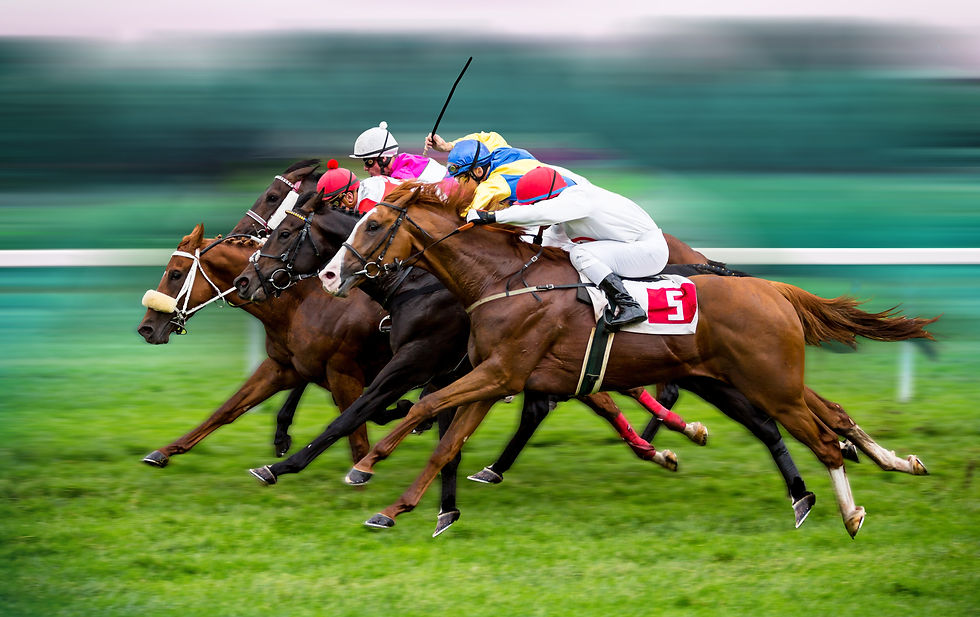Holiday Tips for Pet Owners
- Goodwinol Products Corp

- Dec 7, 2021
- 3 min read
The holidays bring us hallowed traditions, treasured time with family and friends, and that special seasonal joy. But these happy occasions can really stress our pets, as well as place many unfamiliar and potentially harmful objects in their domain. Here are some tips to keep your beloved pet from experiencing unnecessary anxiety, a decidedly unfestive accident, and even pesky bug bites in the night.

Tip 1: Prevent Holiday Overload
For the sake of your dog or cat’s nerves—and your own sanity—keep routines consistent. Stick to your pet’s exercise and potty schedules, feeding time, and bedtime.
If you’re entertaining guests, give your pet a safe retreat to keep him from becoming overwhelmed by people and noise. Decide on the room that will be your pet’s special place, and provide a basket or crate with a comfy blanket. Cats can be especially sensitive to changes in their environment, and sometimes spray and scratch their nearby surroundings in response to stress and to mark their territory. Use to keep your cat stress free and prevent urine marking and scratching. During the holiday season, don’t forget that you are your pet’s most important gift—he needs your attention more than usual when the household’s atmosphere changes. Even if you know how to train your dog, Set aside some extra quiet time to spend with him, and don’t skimp on exercise, which keeps all creatures calm and good-humored.
Tip 2: Prevent Pet Emergencies
Our holiday traditions introduce many unfamiliar and potentially harmful objects into our pets’ world. The following holidays hazards are some of the worst:
Tinsel attracts both dogs and cats. However, cats seem especially intent on eating tinsel, which can cause intestinal blockages that require surgery to correct. Consider a tinsel-free tree for the sake of your feline companion.
Holiday lights can be a lethal hazard to dogs and cats. For some reason, pets that have never shown an interest in chewing electrical wires seem attracted to decorative lights. Animals that chew cords can not only receive a terrible shock, but they can also experience electrical burns to the mouth tissue and jawbone. Worse, these burns often go undetected for hours or days until the tissue has begun to decay. Physically separating your pet from holiday trees and lights is best. Although not easy, you will save your pet from enormous potential harm.
“People food”can be extremely dangerous if your pet ingests certain items. Turkey bones in the under-sink trashcan, for example, prove an irresistible lure to dogs and cats, who possess an uncanny ability to open kitchen cabinets this time of year. Cooked bones can splinter as pets eat them, causing serious injury that may require surgery to repair.
Separate your pet from food preparation and serving areas. Keep a secure top on the garbage pail, and place the pail behind a closed door. Like small children, your pet can’t distinguish between safe foods and toxic foods. Nor do pets know when to stop eating! When they consume too much human holiday food, Christmas tree water, chocolate, or cooked bones, the results are—at best—vomiting and diarrhea.
Tip 3: Prevent Infestations
Uninvited pests are a sure way to dampen your holiday fun. Fleas survive cold climates by living as adults on untreated cats, dogs, or wild animals (like raccoons), dropping off on grass or bushes in your yard or along common canine latrine sites around apartments or walking paths. Once established in a human dwelling, fleas lay eggs and spread. This means that in apartment buildings, your pets are only as pest-free as your least careful neighbor’s pets. It’s important for pet owners to know how to spot fleas on dogs so treatment can begin quickly!
Celebrate the holidays by keeping your pet safe and healthy so that he can be your best companion all year long!





Comments